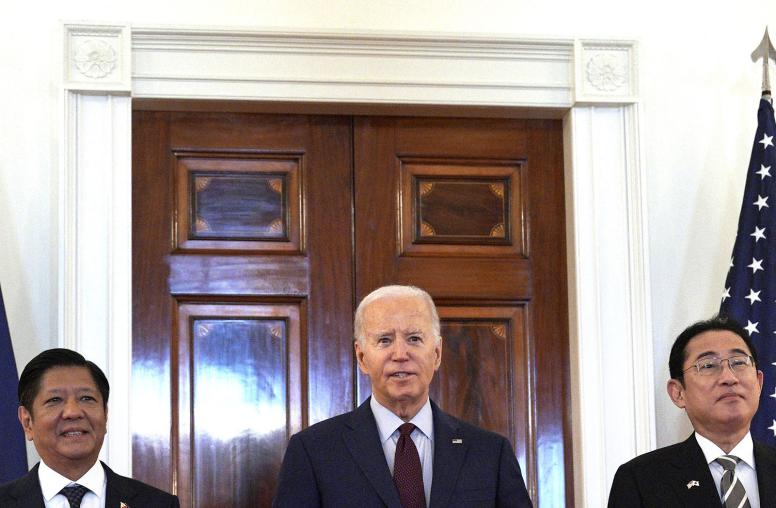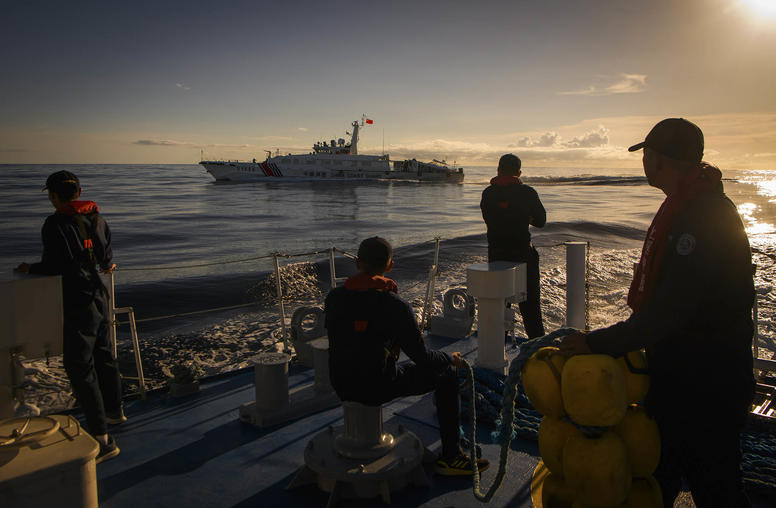The U.S.-Philippines relationship runs deep, with the two countries working together on a host of issues ranging from security challenges in the South China Sea to economic growth and peacebuilding in the Mindanao region. However, climate change has emerged as one of the most pressing challenges facing the Philippines — and the risk for climate-related disasters is only going to intensify in the years ahead. USIP spoke with Philippines experts to discuss the U.S.-Philippines relationship and where it can go from here.
Michael Schiffer, assistant administrator for Asia at the U.S. Agency for International Development, explains that the agency has prepared to deliver rapid humanitarian aid in the event of climate-related disasters in the Philippines — but that USAID is also working to strengthen disaster resilience and mitigation in the Philippines to empower the government, civil society and local communities in their fight against climate change.
Hank Hendrickson, executive director of the U.S.-Philippines Society, says that the United States can demonstrate its commitment to the bilateral relationship by providing ample support for Filipinos' domestic needs — such as employment, clean energy and conflict resolution in Mindanao — rather than exclusively focusing on geopolitical issues.



